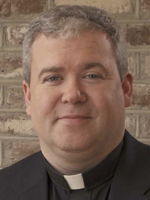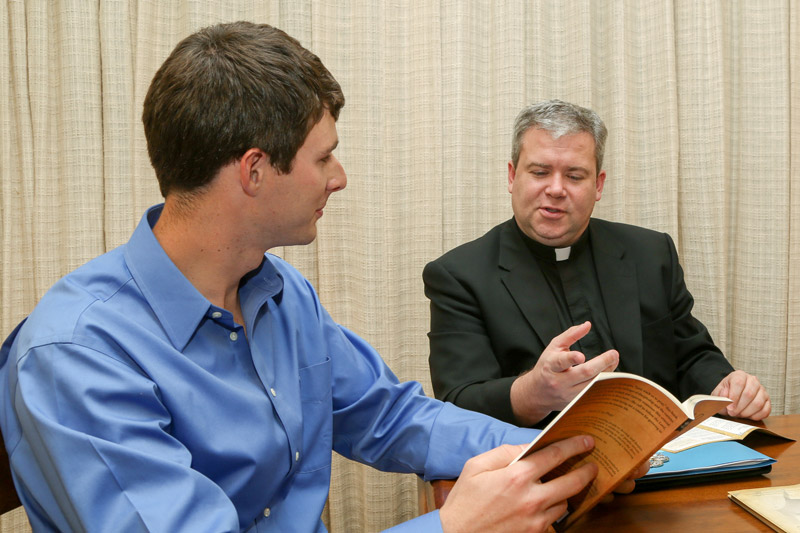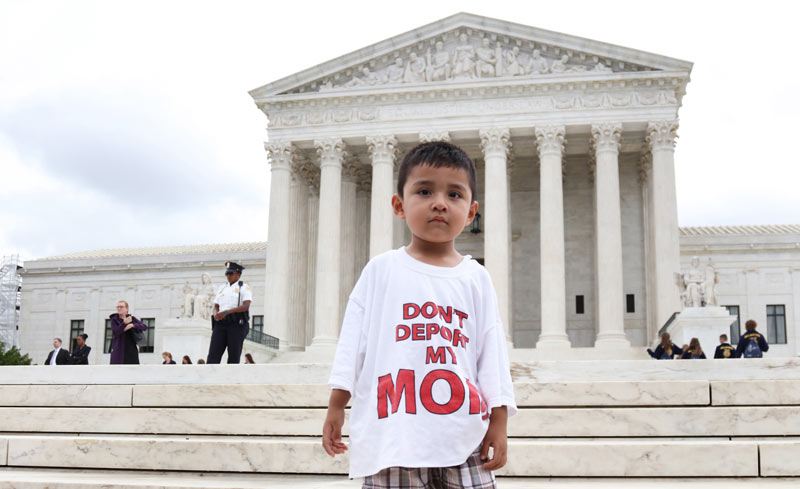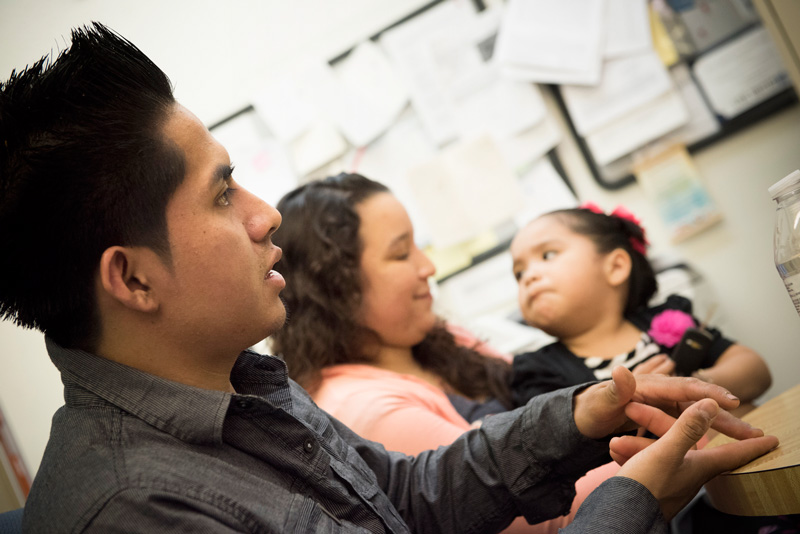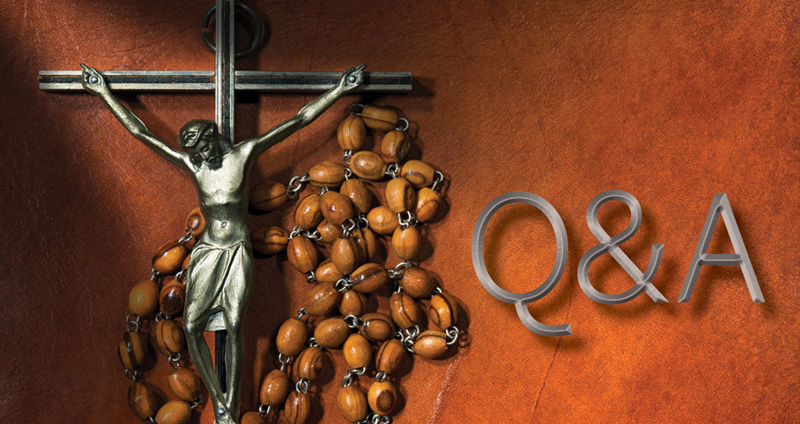
Q. I’m very confused over the immigration debate. It seems that some church leaders are upset with our national policies but I don’t understand why. Could you explain this? (Hilton Head, SC)
A. The questions surrounding immigration are heartfelt since they deal with real people and real families. With this as our starting point, I’d like to quickly review a few essential points in our Catholic social doctrine.
First, we assert that nations must have borders and they are within their rights, and duties, to protect their borders and determine the level of immigration that is permitted within their country.
Second, the authority to determine the level of immigration has been given by God to the civil authority. As such, the civil authority bears the obligation to research and assess what level of immigration its nation can absorb and afford. While the civil authority is called to be generous and open, its principal consideration is the well-being of its own citizens and the common good entrusted to it.
The Catechism of the Catholic Church explains: “The more prosperous nations are obliged, to the extent they are able, to welcome the foreigner in search of the security and the means of livelihood which he cannot find in his country of origin. Public authorities should see to it that the natural right is respected that places a guest under the protection of those who receive him.”
The Catechism continues: “Political authorities, for the sake of the common good for which they are responsible, may make the exercise of the right to immigrate subject to various juridical conditions, especially with regard to the immigrants’ duties toward their country of adoption. Immigrants are obliged to respect with gratitude the material and spiritual heritage of the country that receives them, to obey its laws and to assist in carrying civic burdens.”
And so, we see the Church’s balanced approach to the immigration question. Wealthy nations are to be generous but only to the extent that they are able. The Church encourages neither isolationism nor open borders.
In this context, specific questions within the issue of immigration can be raised, discerned, debated, and decided by the civil authority.
Q. Certain members of my extended family have recently been struggling with drug addictions. It’s terrible. Is there a patron saint of drug addicts that I can pray to? (Florence, SC)
A. One of the hardest crosses we can bear in life is to watch a loved suffer. In such situations, I’ve always considered Our Lady standing at the foot of the cross, as Mary is always a great intercessor. The Church, however, also gives us St. Maximilian Kolbe as the patron saint of persons with drug addictions.
St. Maximilian died as a martyr of charity by lethal injection in the Auschwitz concentration camp. His death shows us that love triumphs over evil. He is also a powerful intercessor for loved ones who struggle with drug addictions.
Q. Does the Church still observe the old First Fridays? (Charlotte, NC)
A. Yes, the First Friday devotion is still observed and encouraged in the Church today. The devotion is made to the Sacred Heart and is offered in reparation for the sins of humanity. In the midst of our world’s struggles and sins, the First Friday devotion can offer hope and peace to anyone of good will.
Father Jeffrey Kirby is administrator of Our Lady of Grace Church in Lancaster. Because he is moving on to other projects after the summer months, Father Kirby is no longer taking questions for this column.

